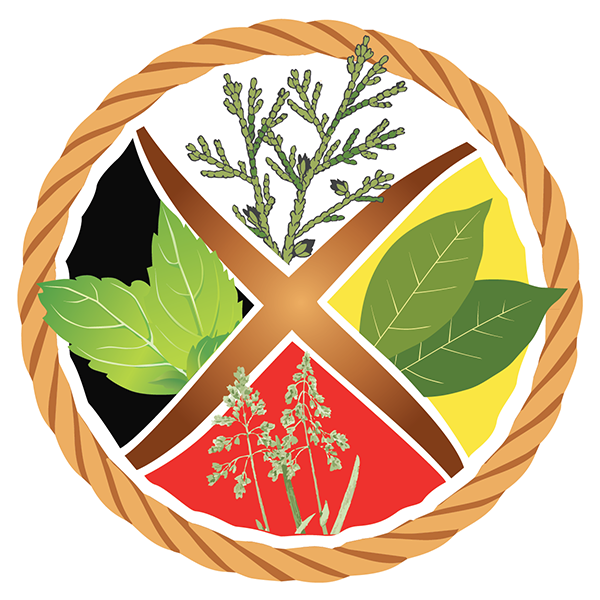Learn about the different kinds of treatments and services that are effective in helping people with substance use disorders.
Individual and group counseling
Counseling can be provided at the individual or group level. Individual counseling often focuses on reducing or stopping substance use, skill building, adherence to a recovery plan, and social, family, and professional/educational outcomes. Group counseling is often used in addition to individual counseling to provide social reinforcement for pursuit of recovery.
Inpatient and residential treatment
Treatment can be provided in inpatient or residential sessions. This happens within specialty substance use disorder treatment facilities, facilities with a broader behavioral health focus, or by specialized units within hospitals.
Intensive outpatient treatment
These programs have people attend very intensive and regular treatment sessions multiple times a week early in their treatment for an initial period. After completing intensive outpatient treatment, individuals often step down into regular outpatient treatment which meets less frequently and for fewer hours per week to help sustain their recovery.
Medication
Using medication to treat substance use disorders is often referred to as Medication-Assisted Treatment (MAT). In this model, medication is used in combination with counseling and behavioral therapies. Medications can reduce the cravings and other symptoms associated with withdrawal from a substance by occupying receptors in the brain associated with using that drug (agonists or partial agonists), block the rewarding sensation that comes with using a substance (antagonists), or induce negative feelings when a substance is taken. MAT is has been primarily used for the treatment of opioid use disorder but is also used for alcohol use disorder and the treatment of some other substance use disorders.
Naloxone
Naloxone is the medicine that reverses opioid overdose. If you are using opioids yourself or are concerned about a friend or family member who is using opioids, you can have naloxone mailed to you free of charge. See how on the information from the Grand Rapids Red Project.
Recovery Support Services
Recovery support services are non-clinical services that are used with treatment to support individuals in their recovery goals. These services are often provided by peers, or others who are already in recovery.
12-Step fellowship
12-step facilitation therapy seeks to guide and support engagement in 12-step programs such as Alcoholics Anonymous or Narcotics Anonymous.
For more information visit
Introducing the Heroin, Fentanyl & Other Opioids eBook
Fueled by drugs like heroin, fentanyl and the misuse of prescription pain pills, the opioid epidemic in our country has impacted countless families.
To help address this, we created a new eBook – Heroin, Fentanyl & Other Opioid: A Comprehensive Resources for Families with a Teen or Young Adult Struggling with Opioid Use. Parents and families need to be prepared with the knowledge and skills to identify opioids, spot early use and take action effectively.
If your son or daughter is actively using opioids, you’re probably experiencing many negative emotions and concerns. You’re not alone in this struggle. We hope that the information and resources in this guide with empower you with the important tools and guidance you need to help you, your child and your family.
